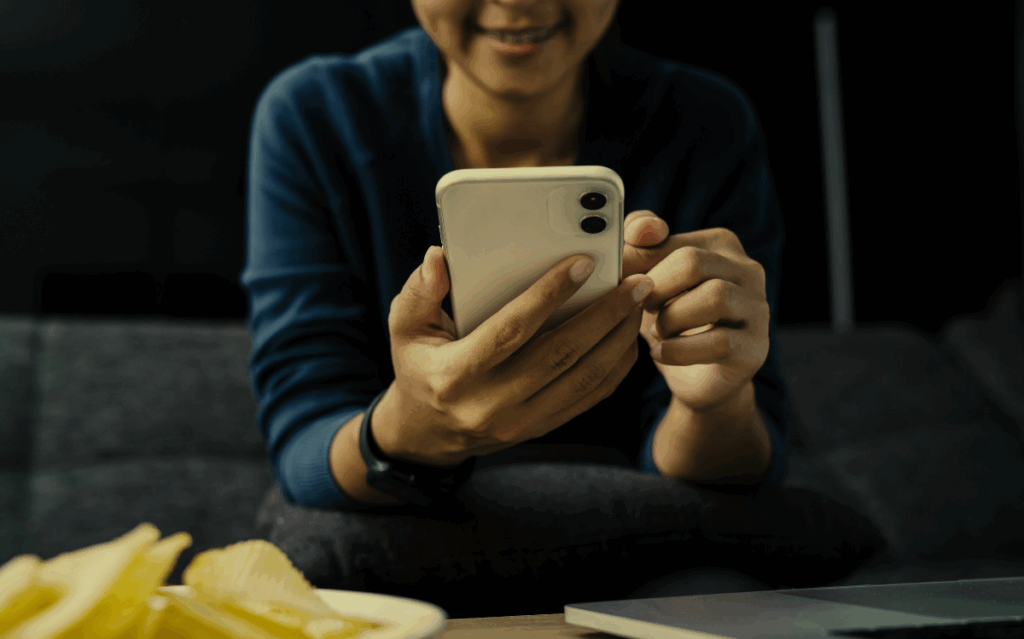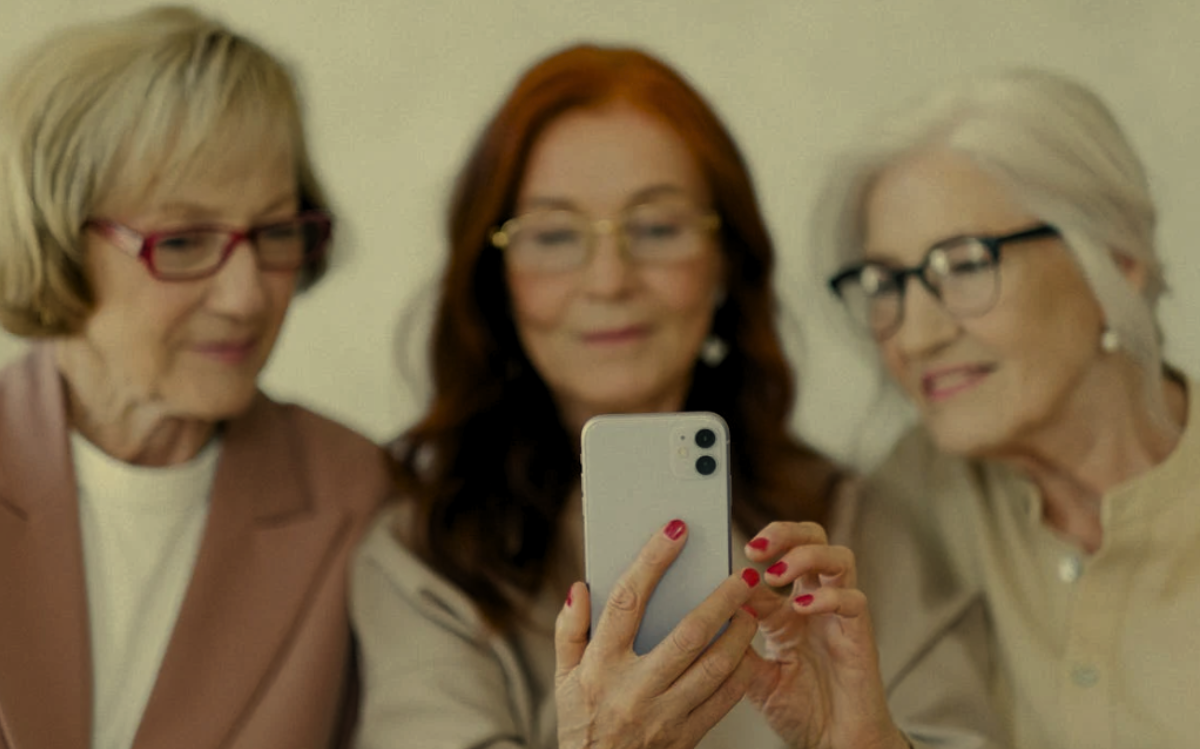The Alabama sun beats down on countless residents who struggle to maintain basic connectivity in today’s digital world. Free government phone programs exist not as charity but as essential infrastructure for those caught in financial hardship.
These programs deliver more than just phones. They provide lifelines.
For qualifying Alabamians, the process works simply enough – apply, verify eligibility, receive equipment. Most recipients get a basic smartphone with talk, text, and probably around 3-5GB of data monthly. The specific benefits vary between providers, some offering better coverage in rural counties than others.
Eligibility typically hinges on:
- Participation in assistance programs like SNAP or Medicaid
- Household income below 135% of federal poverty guidelines
- Current Lifeline program enrollment
The phones themselves? Nothing fancy. Standard Android devices with 16-32GB storage and modest processing power. Enough for calls, messaging, job applications, and occasional internet use. Perfect for what they’re meant to do.
Application processes take about 10-15 business days in most cases. Residents can apply online or at designated enrollment centers throughout the state.
For those interested, start by checking eligibility through the Universal Service Administrative Company website or contact Alabama service providers directly for the most current information.
Key Takeaways
- Eligibility requirements and how to apply for free government phones in Alabama
- The benefits of staying connected through these programs, including safety and job opportunities
- Tips to maximize your free phone plan and maintain eligibility over time
Free government phone application in Alabama
Alabama residents struggling to pay for basic phone service don’t need to jump through complicated hoops. The application process cuts through most red tape, though it still requires some patience. Cliq Mobile stands out among providers, not because they’re perfect, but because they’ve streamlined what could be a bureaucratic nightmare.
The process works like this:
- Fill out an online form or visit a local store where staff typically process applications in about 15-20 minutes.
- Prepare proof of eligibility – food stamp cards, Medicaid letters, or income documentation showing you fall under the 135% federal poverty threshold ($18,347 for individuals, higher for families).
- Provide basic personal information including social security number and physical address (P.O. boxes won’t work).
- Upload documents online or present them physically depending on your comfort with technology.
After submission, expect a 3-7 day review period. Approved applicants receive either a basic Android smartphone or SIM card that works with most unlocked devices. The phones aren’t flagships – usually 2-3 year old models with 16GB storage – but they function reliably for essential communication.
Most applications hit snags when documentation is outdated or incomplete. Smart applicants gather everything beforehand, make copies, and double-check expiration dates. The service itself includes unlimited talk/text and typically 3-5GB of data monthly. For someone choosing between phone service and groceries, this program removes an impossible choice.
Check Lifeline eligibility in Alabama
The maze of Lifeline eligibility in Alabama isn’t as complicated as it first appears. The program targets those genuinely struggling – not those looking for freebies.
Here’s how to check if you qualify:
- Visit the federal Lifeline website (usac.org) or contact local providers directly – their staff often know shortcuts through the verification process.
- Submit proof of income showing you earn less than $18,347 annually (single person) or $37,873 (family of four).
- Provide documentation for qualifying programs – a SNAP EBT card, Medicaid letter dated within 12 months, or SSI benefit verification.
- Income limits adjust yearly but generally hover around 135% of federal poverty guidelines.
- Residents on tribal lands qualify under expanded criteria and often receive enhanced benefits (additional $25 monthly support).
The verification process takes about 5-10 business days. Most rejections happen because of outdated documentation or missing signatures. The free service provides exactly 1000 minutes, unlimited texting, and 4.5GB data monthly through most providers. [1]
For elderly Alabamians on fixed incomes or rural families struggling with utility bills, this program means maintaining connections to doctors, employers, and emergency services. It’s not charity – it’s practical infrastructure for those temporarily caught in financial hardship.
Lifeline providers serving in Birmingham, AL
Birmingham residents have access to a handful of Lifeline providers, with Cliq Mobile standing out as a top choice. Alongside Cliq Mobile, other providers include Assurance Wireless, Boost Mobile, and Assist Wireless. These companies participate in the Lifeline program, offering free phones and service plans designed for low-income households.
Key points about these providers:
- Cliq Mobile is known for fast application processing and broad coverage across Alabama, including Birmingham.
- Assurance Wireless provides around 4.56GB of high-speed data each month, enough for daily tasks like browsing and social media.
- Boost Mobile and Assist Wireless offer similar services, with differences in plan specifics such as data limits or customer support options.
- Coverage in Birmingham is generally strong, with network towers spread throughout the city and surrounding suburbs, ensuring reliable service even in less populated areas.
- Customer service varies but typically includes help with recertification, plan adjustments, and troubleshooting issues.
Choosing the right provider depends on individual needs, whether it’s more data, better coverage, or customer support. Cliq Mobile’s reputation for reliable service makes it a popular first option among residents seeking free government phones.
Low income phone service in Mobile, AL

In Mobile, Alabama, low-income residents rely heavily on Lifeline and similar programs to access basic phone service. These programs are especially important in more rural or less urban parts of the state, where staying connected can mean better chances for employment and healthcare.
Here are some key points about low-income phone service in Mobile:
- Many plans include unlimited talk and text, with limited data, enough for emergency calls, job applications, and staying in touch.
- Providers like Cliq Mobile, Assurance Wireless, and others extend coverage into rural and tribal areas, sometimes with special considerations for these communities.
- Many plans are prepaid with no contracts, giving users control over their spending and avoiding surprise bills.
- Some providers are now offering higher data limits or affordable add-on options, making it easier for residents to stay online.
- These services help close the digital gap, providing residents with a way to participate more fully in daily life, whether for work, healthcare, or social connection.
In Mobile, as in the rest of Alabama, the availability of low-income phone service makes a significant difference, offering affordable communication options that keep people connected when it matters most.
Specific Lifeline rules in Alabama
Alabama has some rules unique to its Lifeline program, mainly concerning eligibility and recertification. Residents must meet certain criteria, such as participating in qualifying programs or falling within income limits, to receive free service.
One of these rules is that recipients need to recertify their eligibility annually. This involves submitting proof of income or program participation again, either online or through mail, depending on the provider. Failure to recertify can lead to suspension of service, so staying on top of this is important.
Another Alabama-specific rule involves coverage areas, some providers might have restrictions on certain rural or tribal lands. Also, the state sometimes offers additional benefits or special plans for residents living on tribal lands or in high-need areas.
Providers like Cliq Mobile adhere strictly to these rules, making sure recipients understand their responsibilities. The goal is to keep the program fair and sustainable, ensuring those who need the service most can continue to access it without interruption.
Qualify free phone through SNAP in Alabama
Many Alabama residents qualify for free phones through SNAP (Food Stamps). The program is designed to help those with limited resources, and participation in SNAP often makes residents eligible for Lifeline benefits as well.
Eligibility hinges on household income or participation in other assistance programs. If someone receives SNAP benefits, they can usually apply for a free phone and service through providers like Cliq Mobile or Assurance Wireless without much hassle. The process involves showing proof of benefits, such as an award letter or benefits card, along with personal identification.
Having a SNAP card or proof of participation simplifies the application process. It also provides a quick route to access the benefits, especially for those who might struggle with paperwork. For many, this program offers a lifeline, helping them stay in touch for emergencies, job hunting, or family needs.
The connection between SNAP and Lifeline is strong in Alabama, making it easier for eligible households to get connected without upfront costs or long waiting periods.
How to recertify in Lifeline Alabama through online
Recertifying Lifeline in Alabama is a process that must be done annually to keep the service active. Many providers, including Cliq Mobile, have made this process simple by offering online recertification.
Recipients receive a notice before their renewal date, prompting them to submit proof of ongoing eligibility, such as income statements or benefits documentation. The online portal is user-friendly, allowing residents to upload documents, fill out forms, and submit updates without visiting a store.
The key is to stay aware of deadlines. Missing recertification can lead to temporary suspension of service, which might affect access during emergencies or important calls. Once the documents are reviewed and approved, service continues uninterrupted. [2]
For those with busy schedules or limited transportation, online recertification is a convenient way to maintain Lifeline benefits. Providers like Cliq Mobile are committed to making this process as hassle-free as possible, ensuring residents stay connected with minimal fuss.
Find free phone help in Montgomery, AL
Residents in Montgomery seeking help with free government phones can turn to local organizations or providers like Cliq Mobile. Many community centers, libraries, and social service agencies offer assistance in applying for Lifeline or other low-income programs.
In Montgomery, there are dedicated offices that guide residents through the paperwork, help gather required documents, or even assist with online applications. These resources are often free and serve as a good starting point for anyone feeling overwhelmed.
Cliq Mobile, along with other providers, also maintains customer service lines and online support to answer questions or troubleshoot issues. They can help residents find the right plan, understand recertification rules, or replace lost devices.
Getting help locally ensures residents don’t get lost in the process or miss out on benefits. For many in Montgomery, it’s about reconnecting with community, family, and opportunity, without the burden of costs.
Best Lifeline plan in Alabama
The best Lifeline plan in Alabama depends on individual needs, some want more data, others need longer talk time. However, Cliq Mobile often ranks highly because of its straightforward plans and reliable coverage.
Most plans offer unlimited talk and text, with data allowances ranging from 4GB to 10GB or more. Some providers, like Assurance Wireless, include additional benefits like Wi-Fi hotspots or device discounts. When comparing, look at coverage, plan features, and recertification ease.
For many residents, the best plan is the one that balances affordability with enough data for daily needs. Cliq Mobile’s plans are designed with low-income users in mind, making sure no one is left disconnected.
It’s worth noting that plans can change, and providers sometimes introduce new offers. Checking with providers directly or visiting their websites ensures the most current information. But, overall, the right plan is one that keeps you connected without costing a dime.
FAQ
How do eligibility rules for Lifeline in Alabama differ for residents on tribal lands or Indian Reservations?
Tribal residents face unique rules, but they’re not impossible to navigate. The Bureau of Indian Affairs sets specific guidelines that actually make it easier for these communities to qualify. Residents need proof of tribal program participation (like Tribally-Administered Temporary Assistance) or can qualify through lower income thresholds.
The process requires extra documentation, but providers like Cliq Mobile help residents through it. Recertification might involve additional steps, but these federal programs exist specifically to close coverage gaps in these underserved areas.
What are the key differences between Lifeline-supported voice service and broadband service, and how do they impact eligible households?
Voice service covers basic phone needs – calls and texts. Broadband service delivers internet access. The difference matters tremendously for job searches, healthcare, and education. Some Alabama providers bundle both services, but quality varies widely based on location. Rural areas often get the short end of the stick with spotty coverage.
Higher-value plans might include video streaming or bigger data caps, but the baseline services focus on basic connectivity. For families choosing between utilities and phone service, understanding these differences determines how effectively they can access essential services.
How does the recertification process work for Lifeline in Alabama, and what are the consequences of missing it?
Recertification happens every year or two. Recipients must show they still qualify by submitting program participation proof (SNAP, Medicaid) or updated income documentation. The process works through an online portal or mail. Miss the deadline?
Service gets cut – though providers usually offer a grace period. Failing to recertify means starting the application process from scratch. The system exists to prevent fraud, but it creates anxiety for legitimate users who might lose their connection to doctors, employers, and emergency services if paperwork falls through the cracks.
What are the options for upgrading or changing devices under the Lifeline program, and what policies control these upgrades?
Device upgrades typically happen every 12-24 months, depending on the provider. Options range from basic phones to modest smartphones. The Universal Service Administrative Company sets the rules, which vary between providers – some charge upgrade fees or require returning old devices. Unused service balances sometimes transfer to new devices.
For low-income users, these policies matter tremendously since staying connected often means accessing healthcare portals, job applications, and government services. The limitations exist to prevent program abuse, but they can frustrate users stuck with outdated technology.
How do service providers like Cliq Mobile or Infiniti Mobile handle the gap in coverage or service interruptions, especially in rural Alabama or Tribal areas?
Coverage gaps plague rural Alabama and tribal regions despite providers’ claims. Companies like Cliq Mobile piggyback on major carriers’ networks but can’t fix fundamental infrastructure problems. Minimum Service Standards exist on paper, but reality often disappoints. When service drops, customer care units respond – eventually. Response times stretch longer in remote areas.
Some providers offer Wi-Fi hotspot options as band-aids for poor cellular coverage. Smart consumers check coverage maps before choosing providers, but options remain limited in the most isolated communities. The program aims for universal connectivity, but geography and economics still create digital divides.
Conclusion
Getting a free government phone in Alabama or any other state is easier than ever. The application process is quick, secure, and designed to support those in need, whether you’re on Medicaid, SNAP, or SSI.
With no hidden fees and phones shipped directly to your home, it’s a reliable way to stay connected. If you qualify, don’t wait, take the first step today by filling out the application here and start enjoying the benefits of free communication.
References
- https://www.usac.org/lifeline/national-verifier/eligibility-verification/
- https://www.lifelinesupport.org/recertify/
Related Articles
- https://freegovernmentphonebystate.com/alabama-free-government-phone-application/
- https://freegovernmentphonebystate.com/check-lifeline-eligibility-alabama/
- https://freegovernmentphonebystate.com/lifeline-providers-serving-birmingham-al/
- https://freegovernmentphonebystate.com/mobile-al-low-income-phone-service/
- https://freegovernmentphonebystate.com/alabama-specific-lifeline-rules/
- https://freegovernmentphonebystate.com/qualify-free-phone-snap-alabama/
- https://freegovernmentphonebystate.com/how-recertify-lifeline-alabama-online/
- https://freegovernmentphonebystate.com/find-free-phone-help-montgomery-al/
- https://freegovernmentphonebystate.com/best-lifeline-plan-alabama/


